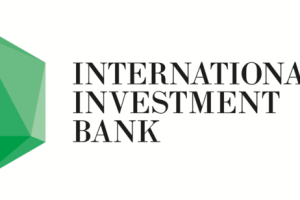Alătură-te comunității noastre!
Vezi cele mai recente știri & informații din piața de capital

Headline inflation continues to decline and dropped to 8.5% in January, while core inflation remained steady at 5.2%, according to a flash estimate from Eurostat.
Looking at the main components of euro area inflation, energy is expected to have the highest annual rate in January (17.2%, compared with 25.5% in December), followed by food, alcohol & tobacco (14.1%, compared with 13.8% in December), non-energy industrial goods (6.9%, compared with 6.4% in December) and services (4.2%, compared with 4.4% in December).
The data for Germany inflation is not available yet, as the country’s statistical office had to delay the release of its own figures due to technical issues with data processing.
″If we take the data at face value, we see that core inflation did not show the feared increase. The core inflation rate was flat at 5.2%, but monthly seasonally-adjusted data show another cautious decline to 0.4% growth compared to December.
While this is still far too high – annualised this makes 5.3% core inflation – it does mark the fourth month of consecutive declines.″ said Bert Colijn, Senior Economist ING Bank.
″Moreover, both the Brent oil price in euros and natural gas market prices have declined year-on-year, which will put more downward pressure on consumer prices in the coming months.
Price ceilings for energy also have their effect of course, which does work both ways in January. From here on, energy contributions are set to decline substantially given the relatively low market prices we are currently seeing″, concluded Colijn.









Vezi cele mai recente știri & informații din piața de capital